Sign language interpreter provides words of hope
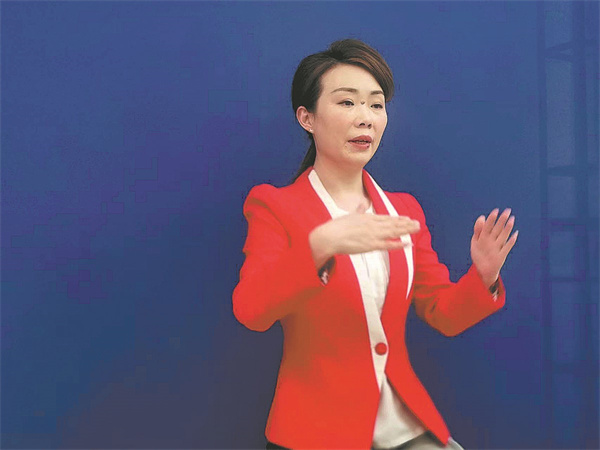
Liu Ying uses sign language to interpret at a conference. CHINA DAILY
Liu Ying never thought that a short course in sign language would pique her interest in "silent speech" and introduce her to art-related programs that benefit people with disabilities.
Having started work as a journalist in Anji, a county in the eastern province of Zhejiang, in 2007, Liu was transferred to an office job at the county's disabled people's federation in 2010.
"I was sent to a sign language training program in Hangzhou, Zhejiang's capital, because the job required me to communicate with disabled people," the 38-year-old said.
"I remained very interested in sign language after finishing the training, so I partnered with a colleague, who is hearing-impaired, to continue my studies."
Her love of sign language strengthened after taking a two-month post as a teaching assistant at a school for deaf-mutes in Huzhou, also in Zhejiang, in 2012.
That winter, she was invited to join a county-level television news program in Anji as a sign language interpreter.
"I was under great pressure from the very beginning as the sign language used in regular speech is different from that used in newscasts. The program was prerecorded at the time, and it usually took one or two hours for me to complete the 15-minute version," she recalled.
Moreover, the sign language vocabulary is not as rich as general speech, and translators are required to interpret the news simply and easily so hearing-impaired people can understand.
"I record the program once a week and I continued to learn sign language with a teacher in Hangzhou every Friday for two months. I've also learned new vocabulary from my hearing-impaired friends, such as the COVID-19 epidemic and some environmental terms," Liu said.
In addition to that program, Liu is engaged in two other news programs in Zhejiang's Deqing county, and provides sign language interpretations in Hangzhou.
She always makes great efforts to help improve disabled people's lives.
"In 2011, my colleagues and I had the idea of forming a dance group of hearing-impaired people. We enlisted about 20 people age 18 to 28, and arranged the dances ourselves. The group won gold medals in dance choreography and performance in a provincial competition in 2013," she said. "Then, we organized an art troupe in May, 2014. Now, there are about 60 troupe members."
Liu and the troupe had their finest hour when they were invited to perform at the opening ceremony of the 4th Asian Para Games in Hangzhou on Oct 22.
"We received the formal invitation in early August. The directing team asked us to merge our shows — a dance show and an instrumental performance with bamboo-based percussion — into one, and stage it at the opening ceremony," she said.
"It was a challenging adjustment for the troupe to make in such a short time. Most of our members are amateurs who work as food deliverymen, farmers, shopkeepers or construction workers, so they lack experience of performing in such a world-class show," Liu said.
"Also, the instrumentalists are more introverted and afraid of showing their disabilities compared with the dancers. I was pleased to see the dancers teaching them how to smile while playing and passing on their positive energy through smiles. The show was a real success for us!"
Having been involved in beneficial work for disabled people for 10 years, Liu said she has gained an unruffled mentality through her disabled friends.
"I thought I was the one leading them to move on as I have sound limbs and good health, but I realize now that they encourage me to have an upbeat attitude," she said.
She added that in 2017 the troupe started performing in Anji and other counties and cities in Zhejiang to make their art more accessible, especially to disabled people, and to pass on their joy and optimism to the audience.
"Last year, we started introducing our show to schools to help relieve the pressure on teenagers. We want to let more people know about the art we've created and the spirit we insist on. I was touched by words of one performer who said her peers and local villagers used to look down on her because of her disability. Now, though, she is a 'model' and 'elite person' in her village, and makes a good living," Liu said.
"I hope my efforts can win more confident and dignified lives for disabled people. The disabled people I know don't beg for sympathy or enjoy the fruits of other people's labor. They are ready to show themselves and win respect through their own abilities. I love working with them, acting as a bridge between the disabled and the government to better their development."


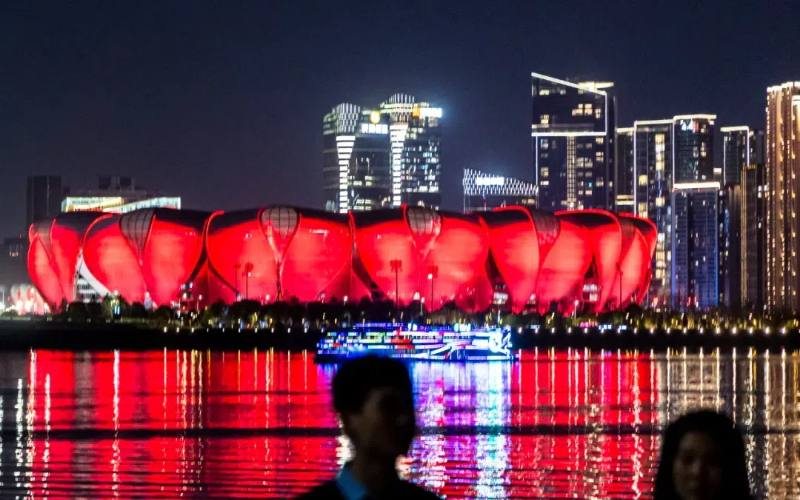
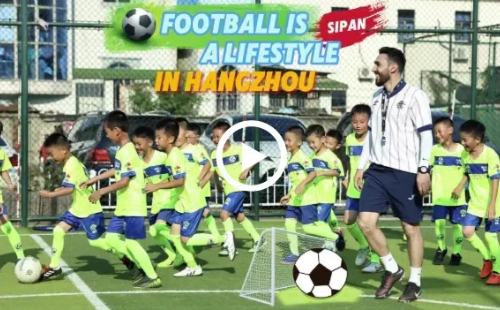
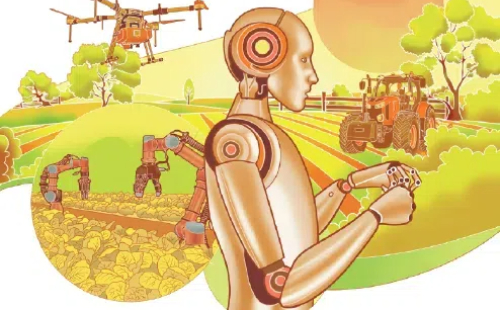
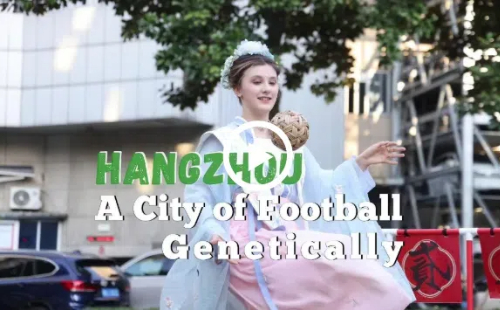 play
play